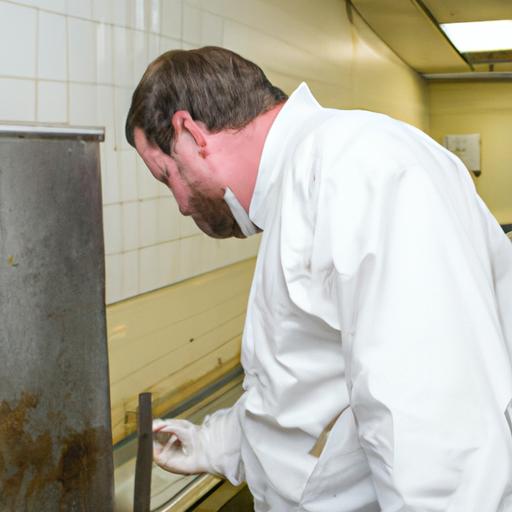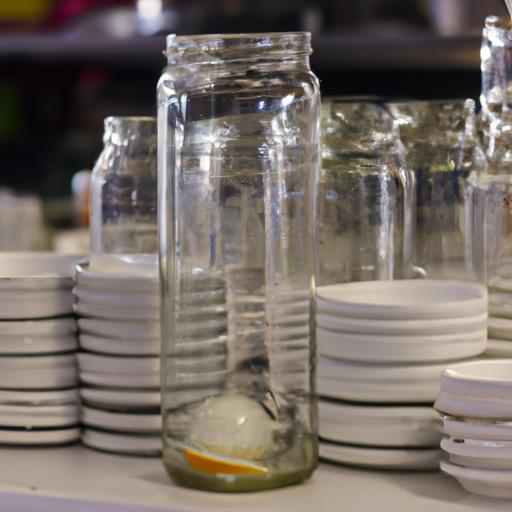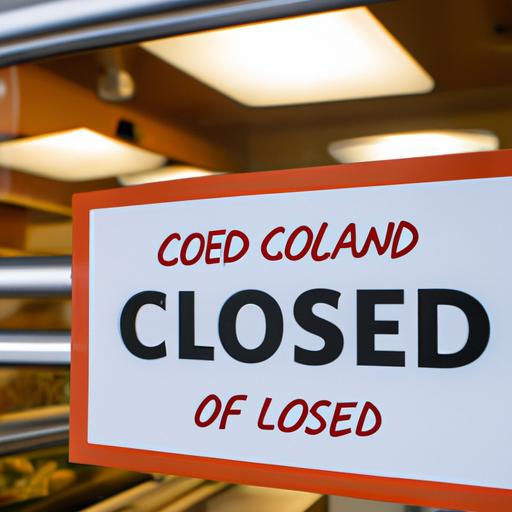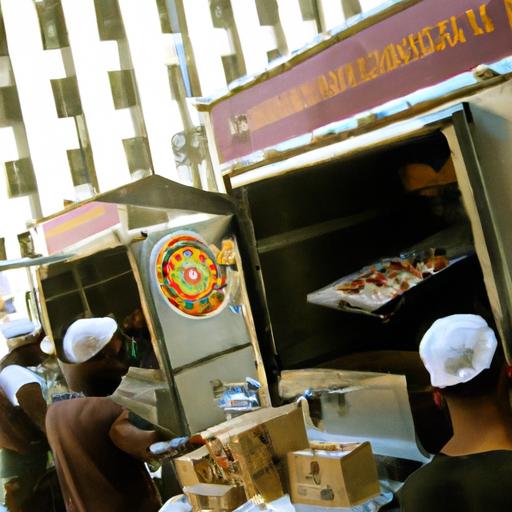Introduction
When it comes to dining out, ensuring food safety is of utmost importance for both customers and the restaurant industry. Behind the scenes, regulatory authorities work diligently to monitor and enforce food safety standards, ensuring that restaurants adhere to strict guidelines to protect public health. But who exactly has the authority to shut down a restaurant for food safety violations? In this article, we will delve into the entities responsible for restaurant shutdowns, the factors leading to closures, and the consequences that follow. Let’s explore the world of restaurant inspections and food safety regulations together.

Who Has the Authority to Shut Down a Restaurant?
To maintain food safety standards, various entities hold the authority to shut down a restaurant if necessary. At the forefront, local health departments play a crucial role in monitoring and enforcing food safety regulations. These departments work closely with state and federal agencies to ensure compliance with the law. By collaborating with a network of professionals, local health departments have the expertise and authority to inspect, issue warnings, and ultimately shut down a restaurant if public health is at risk. The legal frameworks in place empower these entities to take decisive action to protect consumers.

Factors Leading to Restaurant Shutdowns
Critical violations in a restaurant can pose serious risks to public health. These violations encompass a range of factors, including poor hygiene, improper food storage, inadequate temperature control, cross-contamination, and the presence of pests. Such violations not only compromise the safety of the food being served but also put customers at risk of foodborne illnesses. Inspection procedures conducted by health departments are designed to identify these violations, and if found, can lead to the closure of the establishment. Regular inspections and compliance checks are vital in maintaining the integrity of food safety standards.

Consequences and Steps Following a Restaurant Shutdown
When a restaurant is shut down due to food safety violations, immediate actions are taken by regulatory authorities to address the situation. The closure is communicated to the public and customers, emphasizing the importance of public health and safety. The restaurant is then required to follow specific reopening procedures, which may include rectifying the violations, implementing corrective actions, and undergoing a reinspection. It is crucial for the restaurant to demonstrate a commitment to learning from the experience and taking necessary measures to prevent future shutdowns. Education and training programs also play a significant role in equipping restaurant staff with the knowledge and skills to maintain food safety standards.
Conclusion
In the realm of food safety, the authority to shut down a restaurant lies with local health departments and collaborating state and federal agencies. These entities are empowered by legal frameworks to enforce food safety regulations and protect public health. Critical violations, such as poor hygiene practices and improper food handling, can lead to closures, emphasizing the importance of regular inspections and compliance checks. When a restaurant shutdown occurs, immediate actions are taken, and the closure is communicated to the public. Reopening procedures require the restaurant to rectify violations and implement corrective actions. By prioritizing education and training, the industry can strive towards preventing future shutdowns and ensuring a safe dining experience for all. At Đại Nam Group, we prioritize food safety and are committed to providing our customers with the highest standards of excellence.
Remember, food safety is a collective responsibility, and by working together, we can create a safe and enjoyable dining environment for everyone.






